The Global Security Initiative provides a space for the BU community to learn about and better understand our increasingly complex security landscape. Through events with internal and external speakers, this initiative aims to generate novel insights into a wide range of security topics, including the transformative impact of new technologies, the pressing issue of climate change, the complex dynamics of migration, and the far-reaching consequences of pandemics.
Contact Professor Sanne Verschuren or Professor Benjamin Goossen (gsipar@bu.edu) for more inquiries.
Faculty Affiliates
-
-

Sanne Verschuren
Co-Director, Global Security Initiative
Assistant Professor of International Security (Pardee School)
-
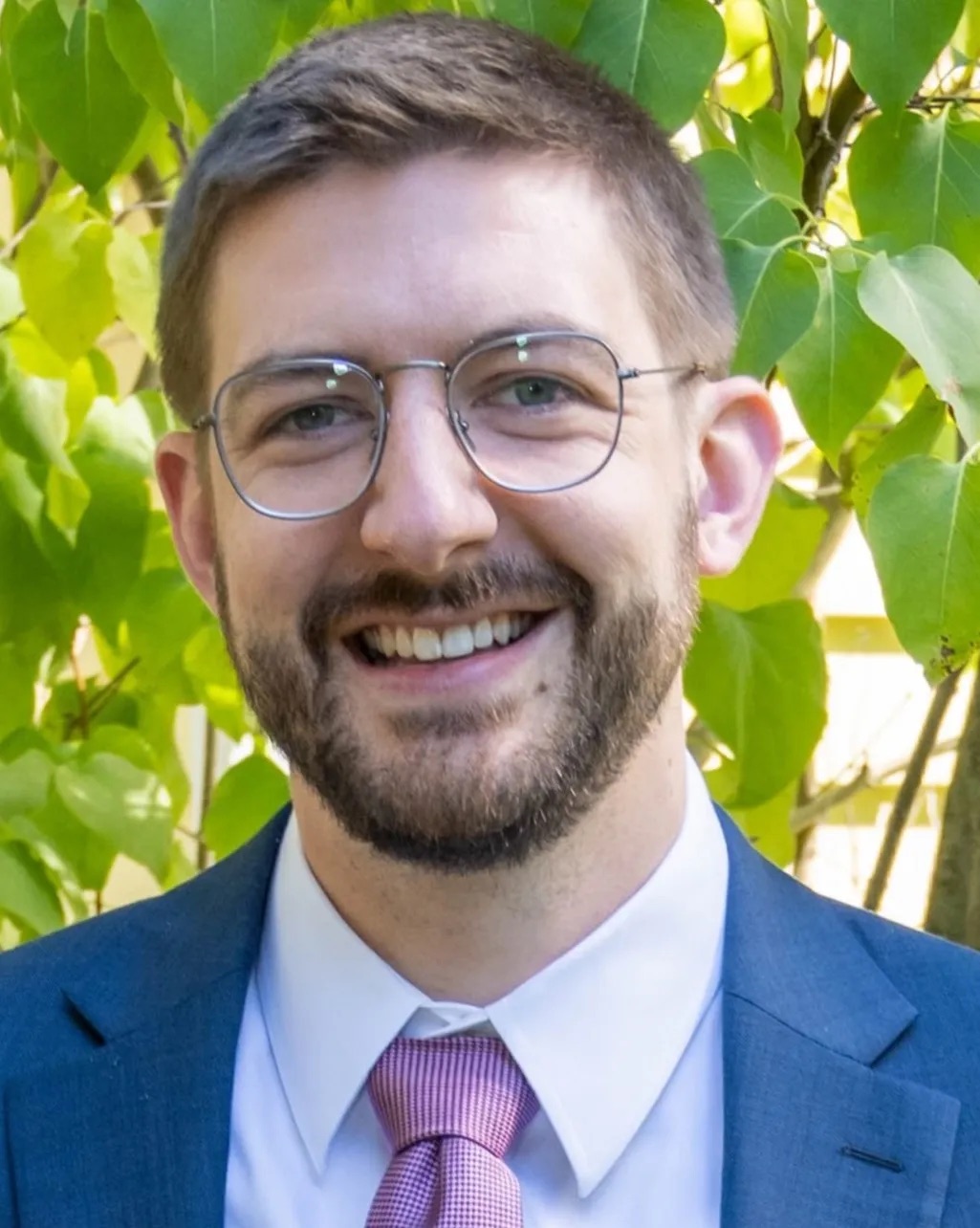
Benjamin Goossen
Co-Director, Global Security Initiative
Assistant Professor of International History (Pardee School)
-

Thomas Berger
Professor of International Relations (Pardee School)
-

Rachel Brulé
Associate Professor of Global Development Policy (Pardee School)
-

Rosella Capella Zielinski
Associate Professor (Political Science Department)
-
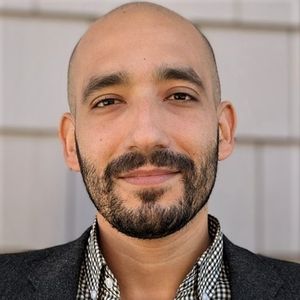
Alexander de la Paz
Assistant Professor of International Security (Pardee School)
-
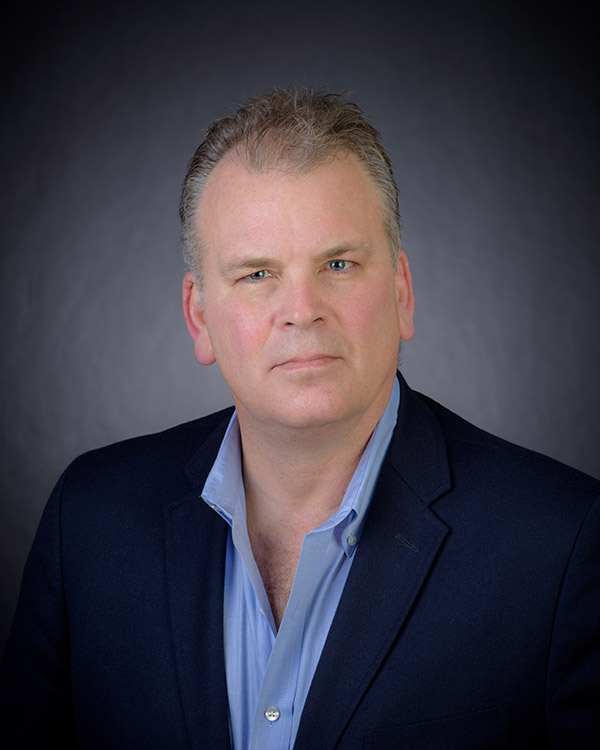
Peter Dombrowski
Visiting Scholar (Pardee School)
-

Brook Durham
Assistant Professor of History (Department of History)
-
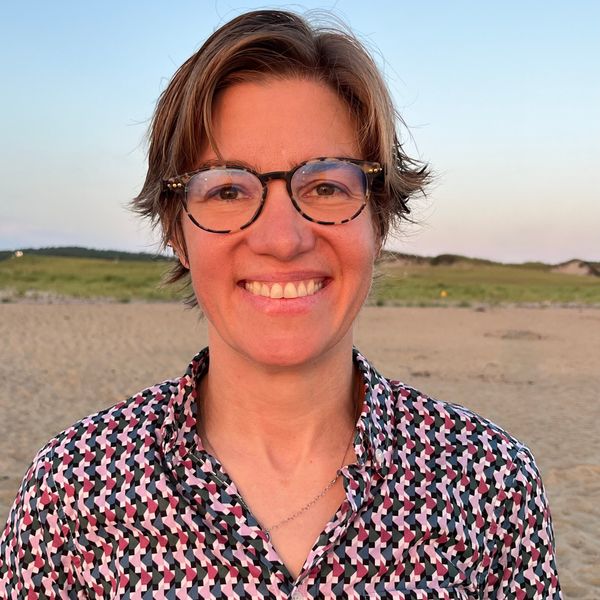
Aimee Gennell
Assistant Professor of International History (Pardee School)
-

William W. Grimes
Professor of International Relations and Political Science (Pardee School)
-
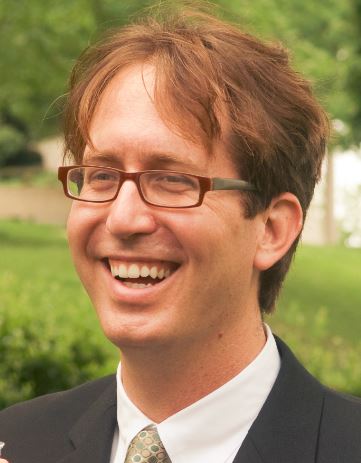
Joseph Harris
Associate Professor of Sociology (Department of Sociology)
-

Gretchen Heefner
Chair and Professor of History (Department of History, Northeastern University)
-
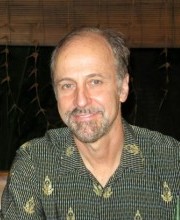
Robert Hefner
Professor of Anthropology (Pardee School)
-
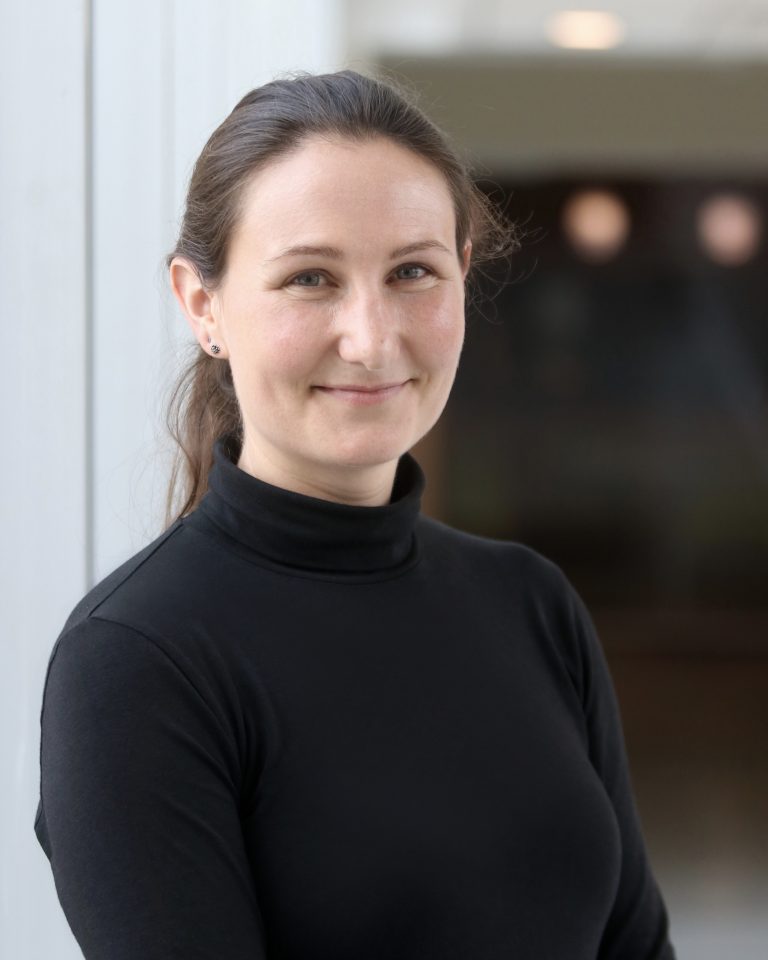
Elena Kempf
Assistant Professor (Department of History, MIT)
-
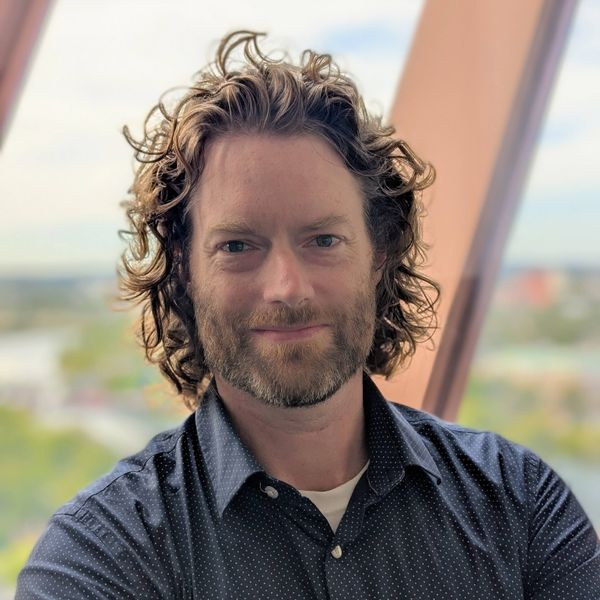
Patrick Keys
Assistant Professor (Earth and Environment)
-

Tim Longman
Associate Dean for Academic Affairs; Professor of International Relations and Political Science (Pardee School)
-

Noora Lori
Associate Professor of International Relations; Director of Middle East – North Africa Initiative (Pardee School)
-
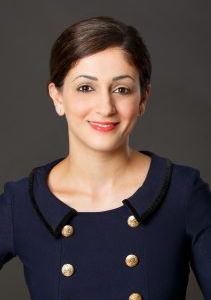
Shamiran Mako
Assistant Professor of International Relations and Political Science (Pardee School)
-
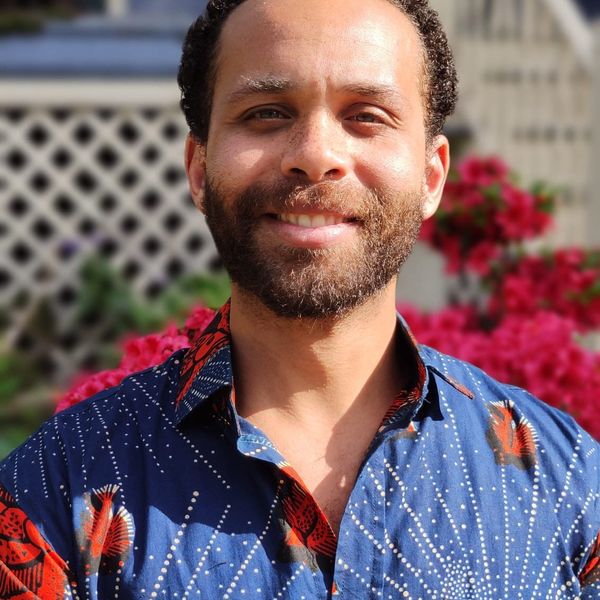
Zachary Mondesire
Assistant Professor of International Relations (Pardee School)
-
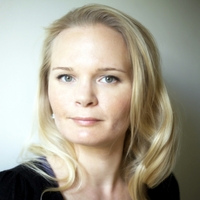
Kaija Schilde
Associate Professor of International Relations (Pardee School)
-

Jessica Stanton
Visiting Professor of Law (Law School)
-

Jessica Stern
Research Professor (Pardee School)
-

Ana Villarreal
Associate Professor of Sociology (Department of Sociology)
-

Jack Weinstein
Professor of Practice (Pardee School)
-

Joseph Wippl
Professor of Practice (Pardee School)
-

John D. Woodward, Jr.
Professor of Practice (Pardee School)
-
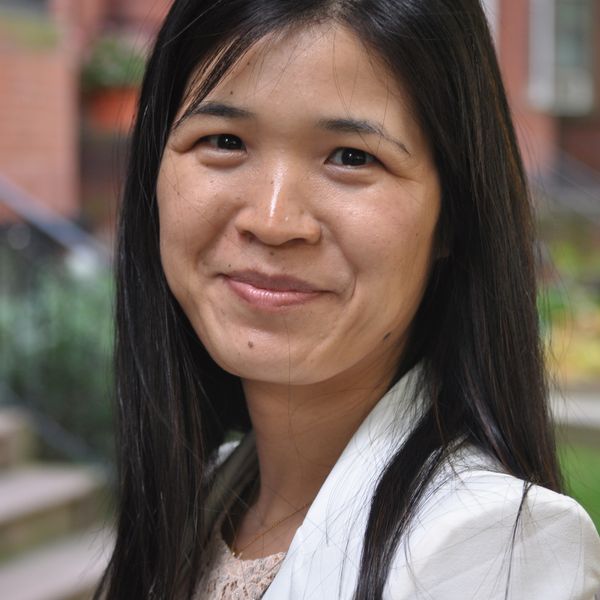
Min Ye
Professor of International Relations; Interim Director of Center for the Study of the Longer-Range Future (Pardee School)
-
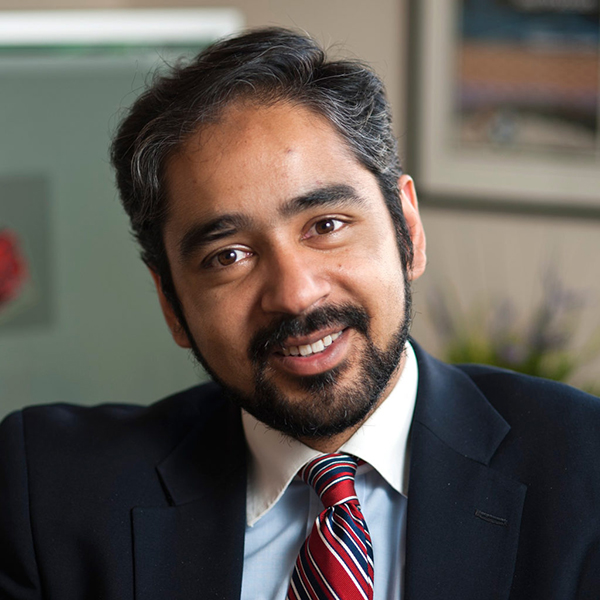
Muhammad Hamid Zaman
Howard Hughes Medical Institute Professor, Departments of Biomedical Engineering and Global Health & Director, Center on Forced Displacement
-
Events
GLOBAL SECURITY INITIATIVE SPRING 2026 EVENTS
Beyond the Headlines: The Arctic on the Global Agenda
February 2nd 2-4pm
121 Bay State Rd
Adriana Craciun on the cultural and environmental history of the Arctic, including Greenland’s ‘greening’ landscape and the politics of resource extraction.
Tormod Heier on Nordic security policy and the US/Russia rivalry in the High North.
Jonathan Martin on Arctic geopolitics and strategic competition.
Quinn Slobodian on tech billionaires’ ideas to reshape governance, including through data centers and network state projects in remote territories.
Ben Goossen on global cooperation in earth science and mining in polar regions.
Moderated by Kaija Schilde, Jean Monnet Chair of European Security and Defense (2022-2025).
New Weapons, Old Debates: A History of Weapons Prohibitions in International Law, 1868–Present
Elena Kempf, MIT History Department
February 3rd, 12:30-2pm
121 Bay State Rd
In 1868, military experts representing seventeen states gathered at the Russian War Ministry in St. Petersburg to prohibit the use of explosive bullets under international law. This event marked the beginning of debates about the relationship between the weapons of industrial modernity and humanity in war. From 1868 to 1939, contestations over the legality of expanding bullets, airships and bombing, gas and bacteriological weapons, tanks, railway guns, and submarines extended beyond diplomatic practice and legal scholarship to journalists, novelists, surgeons, scientists, and everyday people. During this period, three intellectual traditions crystallized. Techno-utopians argued that ever more destructive weaponry would make war impossible. Techno-optimists suggested that the introduction of new armaments would make wars shorter or more humane. Techno-pessimists, finally, called for the prohibition of some new weapons by warning about their catastrophic effects, ranging from the infliction of unnecessary suffering to the end of Western ‘civilization’ and even of humanity itself. At a moment of debates about the legality of lethal autonomous weapons systems and nuclear weapons, this talk will situate present-day contestations in a history that is as old as industrial modernity itself.
Please register here.
The Remote Revolution: Drones and Modern Statecraft
Erik Lin-Greenberg, Political Science Department at MIT
February 26rd, 12:30-2pm
67 Bay State Rd
In The Remote Revolution, Erik Lin-Greenberg shows that drones are rewriting the rules of international security—but not in ways one would expect. Emerging technologies like drones are often believed to increase the likelihood of crises and war. By lowering the potential risks and human costs of military operations, they encourage decision-makers to deploy military force. Yet as Lin-Greenberg contends, operations involving drones are in fact less likely to evolve into broader, more intense conflicts than similar operations involving traditionally crewed assets. Even as drones increase the frequency of conflict, the decreased costs of their operations reduces the likelihood of conflict escalation. Lin-Greenberg’s findings demonstrate that drones are far less destabilizing than commonly argued. Drones add rungs to the proverbial “escalation ladder” and, in doing so, have brought about a fundamental change—a revolution—in the character of statecraft.
Please register here.
From Professional to Partisan: Civil-Military Norm Replacement in Eroding Democracies
Risa Brooks, Marquette University Department of Political Science
March 3rd, 12:30-2pm
121 Bay State Rd
This presentation will explore how political leaders transform professional militaries into partisan aligned forces in eroding democracies.
Please register here.
A Political Economy of Inequality and Pandemics
Matthew M. Kavanagh, Center for Global Health Policy and Politics
March 5th, 4-5:30pm
67 Bay State Rd
Join in person or via Zoom us for a Global Health Politics Workshop with Matthew M. Kavanagh, PhD, Director & Associate Professor, Center for Global Health Policy & Politics. Prof. Kavanagh is a political scientist working at the intersection of law, political economy, and global health to explore how international and national governance institutions function and how they produce inequality, particularly in pandemics.
The world is in a new age of pandemics, in which they are more frequent and severe. This is often attributed to factors like travel and urbanization. Less explored are the political drivers. This talk explores the idea of a pandemic-inequality cycle and, in particular, the comparative politics of policy coordination in a pandemic that might help explain why more unequal countries have seen greater morality and transmission when viruses break out.
Please register here.
Autocracy 2.0: How China’s Rise Reinvented Tyranny
Jennifer Lind, Dartmouth Government Department
March 24th, 12:30-2pm
121 Bay State Rd
Great power competition requires countries to be technological leaders, but a large body of literature holds that autocracies, which suppress creativity and information flows, stifle innovation. Many observers of China’s rise thus argued that it would be unable to compete technologically with the United States. This book challenges this view. Drawing on metrics of innovation, Lind shows that China has become a global innovation leader. Lind argues that China and other “smart authoritarians” have adapted their tools of control in order to better compete with free societies in today’s globalized information age. The evolution of Autocracy 2.0 suggests that China – and the countries that emulate its smart authoritarian model – will be far more competitive than many scholars expect: which has dramatic implications for the balance of power, the future of international order, and the global struggle between democracy and authoritarianism.
Please register here.
Apostles of Development: Six Economists and the World They Made
David Engerman, Yale History Department
April 13th, 12-1:30pm
121 Bay State Rd
Apostles of Development uses the lives and work of six prominent economists who studied together at Cambridge to interpret the history of international development from the time they began their studies in Cambridge (mid-1950s) until the 2010s. The six include three Indians (renowned trade economist Jagdish Bhagwati, Nobel Laureate Amartya Sen, and ex-Prime Minister Manmohan Singh) as well as the creator of the Human Development Index (Mahbub ul Haq, Pakistan), the founder of important UN think tank (Lal Jayawardena, Sri Lanka), and an activist for Bangladeshi independence (Rehman Sobhan).
Please register here.
FALL 2025
-
-
- Global Security Amid Increasing Tensions
Research on Tap - Putting the Iranian Nuclear Program in a Broader Context
Gary Semore (Brandeis University), Ali Kadivar (Boston College), Shamiran Mako (Boston University), Sanne Verschuren (Boston University), Scott Taylor (Boston University) - Sand, Snow, and Stardust: The Military Origins of What We Know About Extreme Environments Today
Gretchen Heefner, Northeastern University - The Allure of the Gas Stove: Gender and Energy Security in Socialist Czechoslovakia
Julia Mead, Harvard University - How to Achieve Arms Control When By All Accounts “Arms Control is Dead”
Mallory Stewart, Executive Vice President of The Council on Strategic Risks, former Assistant Secretary of State for Arms Control
- Global Security Amid Increasing Tensions
-
SPRING 2025
-
-
- Book Workshop: Religion and War in the Middle East
Ron Hassner, Associate Professor of Political Science at the University of California Berkeley - Modernizing the Nuclear Triad: Securing Strategic Superiority in the 21st Century
Major General Stacy Jo Huser, Commander of the Air Force Global Strike Command - China’s Evolving Nuclear Policy: Motivations and Implications for U.S. Security?
Tong Zhao, Senior Fellow at the Carnegie Endowment for International Peace - Geoeconomic Fragmentation and the World Economy
Shekhar Aiyar, Assistant Director, International Monetary Fund Research Department - Latin America and the Origins and Development of the Nuclear Order
J. Luis Rodriguez, Assistant Professor of International Security and Law, George Mason University
- Book Workshop: Religion and War in the Middle East
-
FALL 2024
-
-
- Cracking the Code: How Do We Fortify America’s Infrastructure in a Connected World?
Jeff Greene, Acting Executive Assistant Director for Cybersecurity for the Cybersecurity and Infrastructure Security Agency (CISA) - Integrated Deterrence: The Need for Combat-Ready Space Power
L.t. General David N. Miller, Commander of Space Operations Command - Elections in the U.S. and Europe: What Does This Mean for the Transatlantic Security Relationship?
Roundtable with Kaija Schilde (BU), Stacie Goddard (Wellesley), Lauren Sukin (MIT), and Polina Beliakova (MIT) - Contested Nuclear Taboo in the Third Nuclear Age
Michal Smetana, Professor at Charles University - How Sanctions Work: Iran and the Impact of Economic Warfare
Narges Bajoghli, Assistant Professor and Vali Nasr, Professor at the John Hopkins University
- Cracking the Code: How Do We Fortify America’s Infrastructure in a Connected World?
-
SPRING 2024
-
-
- Inheriting the Bomb: Ukraine’s Nuclear Disarmament and Why It Matters
Dr. Mariana Budjeryn, Senior Research Associate, Belfer Center at the Harvard Kennedy School - The Long 1948: The Universal Declaration of Human Rights, Humanity, and the ‘Pacification’ of Madagascar
Dr. Oumar Ba, Assistant Professor at the Cornell University
- Inheriting the Bomb: Ukraine’s Nuclear Disarmament and Why It Matters
-
News
Videos
-
- Latin America and the Origins and Development of the Nuclear Order
- Contested Nuclear Taboo in the Third Nuclear Age: A Lecture by Michal Smetana
- Elections in the U.S. and Europe: What Does This Mean for the Transatlantic Security Relationship?
- Integrated Deterrence: The Need for Combat-Ready Space Power
- Cracking the Code: How Do We Fortify America’s Infrastructure in a Connected World
- Inheriting the Bomb and Why it Matters
